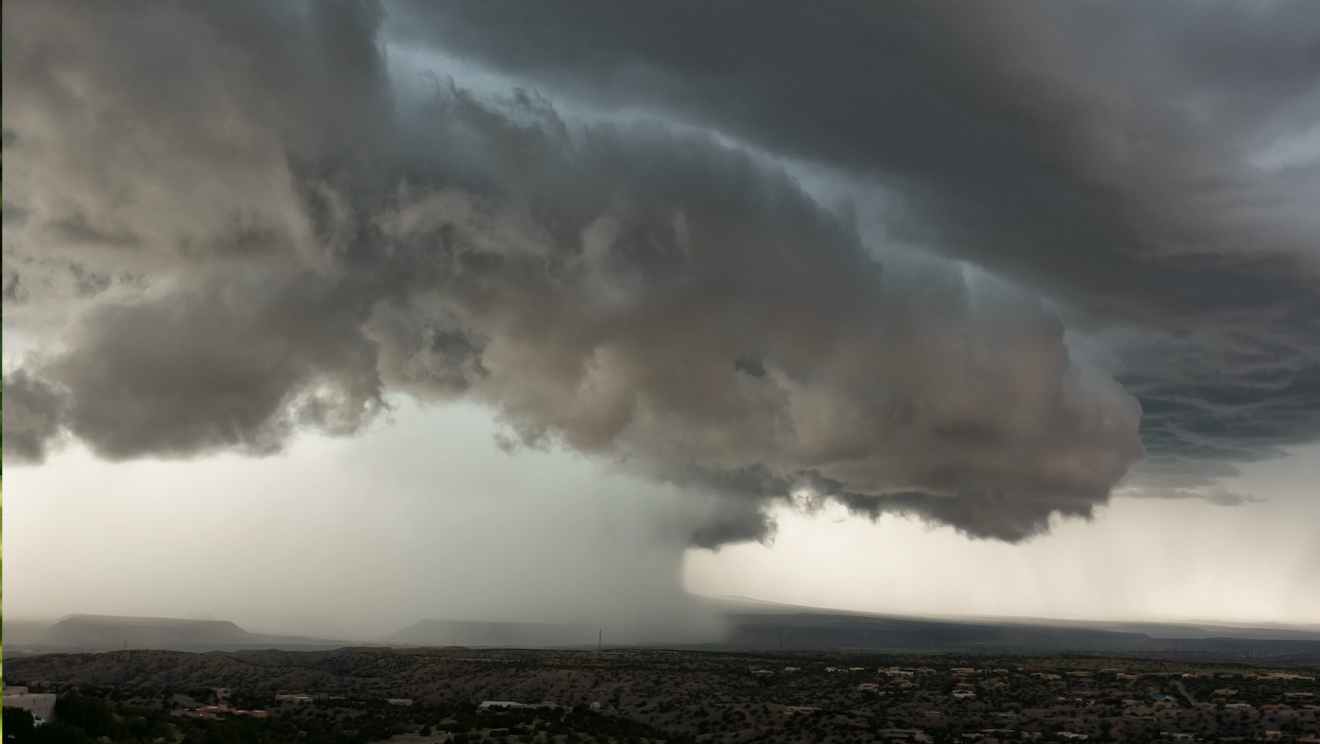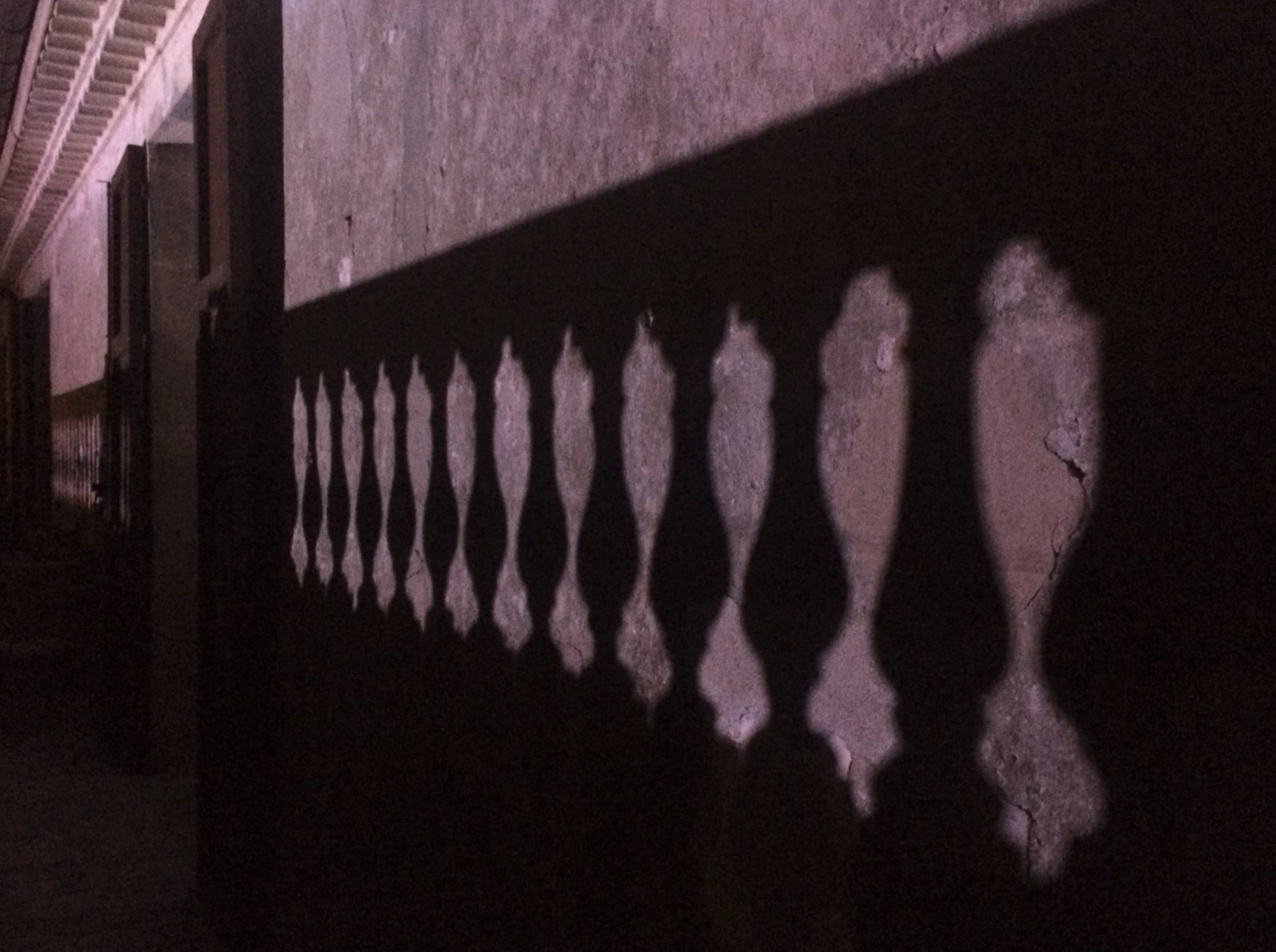Is there hope for creation care in the church in Uganda?
Although some of the local churches in Uganda feel like they are already practicing creation care given the country’s agricultural background, it is uncoordinated, not informed and frequently seen as a low priority for overstretched church leaders. Some progress has been made but we face an uphill struggle with many challenges.
When A Rocha Uganda reached out to the church directly opposite our West Bugwe project, we were astonished to find that the pastor and his congregation could hardly understand the connection between caring for God’s creation and their faith.
The churches in rural areas we interact with are busy with humanitarian projects, so they see creation care as another program that would burden them. ‘We are already doing it in another way,’ they say. They don’t see how these programs benefit rural churches. In some cases, when we approach a church offering our creation care programme, it can raise hopes of money being available. Churches are not used to conservation organizations going into their spaces; they would rather welcome organizations that support their children, women and elderly.
Different from rural churches, urban churches can’t benefit from concepts like greening since few churches have land where they could practice conservation techniques like tree planting, Farming God’s Way, etc. After a few years, some churches relocate to new venues with new communities who need introduction programs again. Often it requires someone within the church community who has the vigor to be able to carry this message to their congregation.
Running and promoting creation care programs takes resources of time, money and staff, all in short supply. But we try and be creative and ride on other project activities that are funded and make sure that we speak to a church or two.
Although we face cultural challenges and lack of enthusiasm, we also celebrate success stories.
Our local church in Busia District, Habuleke Full Gospel Church, has been caught up in the conflict between the local community and the National Forest Authority of Uganda (NFA). When we reached out to faith-based institutions with the message of creation care and environmental education, this was one of the churches that warmly welcomed us. They opened their space to us for offer training in areas like beekeeping, charcoal briquette making, creation care and Farming God’s Way.
At the start of our conservation work in and around West Bugwe forest, we realized that the community and the NFA were at loggerheads because the latter stopped the former from cutting down trees and charcoal burning, much needed for livelihoods. This put A Rocha Uganda in a challenging position because the community saw us as enemies. This opposition and suspicion changed after interacting with them in a church service and biblically explaining our intentions. Habuleke Full Gospel Church was able to reconcile and bring harmony between the local people and the NFA.
The locals in the community have depended all their lives on that particular forest for everything they needed. It was a source of fuel wood, charcoal, food (there is a certain yam that only grows in the forest), fruits and herbal medicine. After selling the charcoal and timber, the money was used for school fees. Families had gardens in the middle of the forest and animal grazing was extremely common. This was their way of life!
When the NFA took on the management of the forest, it meant putting an end to all those illegal activities. This created bloody chaos, which is why they conspired and burnt some parts of the forest in 2017.
During the projects’ baseline survey, we realized that the community did not welcome us because we more or less looked like the NFA in our remit to protect the forest. Over the months, however, we have gained their trust through the creation care gathering and the alternative livelihoods that we introduced which made us different from the NFA. We have taught them that instead of using charcoal, they could use briquettes.
Habuleke Church also gave us an office for one of our colleagues working on the West Bugwe project. This has helped us to consolidate our conservation efforts with the local community.
As well as local initiatives, we have developed regional networks of creation care speakers and have reached the central, Western and Eastern regions of Uganda with the message of creation care. We have spoken at conferences and church gatherings organized in the churches where we work in Busoga, Mbarara and Busia (West Bugwe).
We have also developed key partnerships with training institutions and universities, empowering them to incorporate creation care theology as part of their training. A Rocha Uganda’s Director, Dr Sara Kaweesa, has regularly been invited to co-facilitate an international joint master students’ class on church and environmental issues held at Uganda Christian University. Our focus on rural areas is to train and interest pastors, leaders and youth leaders, and over the next 15 years produce Sunday school curricula.
We are organizing mission outreaches to try and reach more churches and young people. Our first target is West Bugwe, where we feel that hearts are hardened, which may partly explain the continuous destruction of their environment. In these missions, we hope to reach people through door-to-door preaching and conferences.
Through education, practical projects, advocacy and much more, A Rocha Uganda seeks to guide the Church in Uganda towards a more integrated gospel and a more unified engagement in caring for God’s amazing creation. We are particularly hopeful that by working with children in schools and churches, they will carry the message home to their parents and older generations.
Shanita Nalukenge


